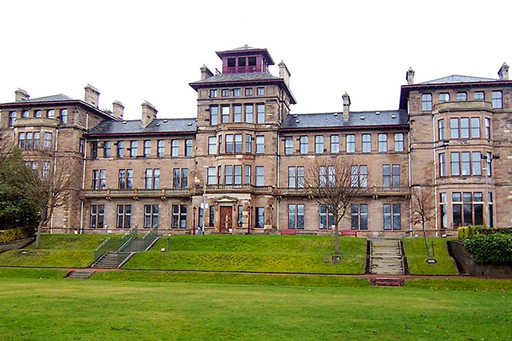3.2 Developing medical attitudes to shell shock after the war
As you have learned, during the First World War shell shock had developed from being a condition of questionable legitimacy to a recognised problem that had threatened severely to undermine the efficiency of the army. After the war, however, there was still no consensus within the medical profession regarding the causes, diagnosis and treatment of the illness. Shell shock remained a contentious issue. In Britain, many veterans continued to suffer from the debilitating effects of mental trauma, and the government was faced with the task of meting out disability pensions to those they deemed deserving.
A government commission of enquiry into shell shock was established in 1920 and ran until 1922. One of the first decisions made by the committee was to discontinue the use of the term ‘shell shock’ in official language. Due to its imprecise and contentious nature, the commission felt that the term should be avoided. The Commission was also keen to ensure that shell-shocked men were not simply treated as lunatics and sent to asylums; nevertheless, certain preconceptions about the illness remained. Shell shock was still associated by many with hysteria and degeneracy, and it was still generally agreed that the condition tended to affect men with a weak constitution and predisposition to mental illness. Whilst some doctors saw the illness as a genuine psychological reaction to the potentially intolerable fear of combat, others still tended to see it as a form of cowardice or malingering. Despite this, the commission recognised that the condition had affected men who had otherwise fought with distinction and courage. It was these men who were deemed worthy of financial compensation. Others, who had exhibited signs of mental trauma but had demonstrated less willpower during active combat, were often treated less sympathetically. These men would often struggle to find work after the war, but had to survive without pensions or other forms of state support. The historian Jay Winter discusses these uncomfortable legacies of shell shock in more detail later this week.

